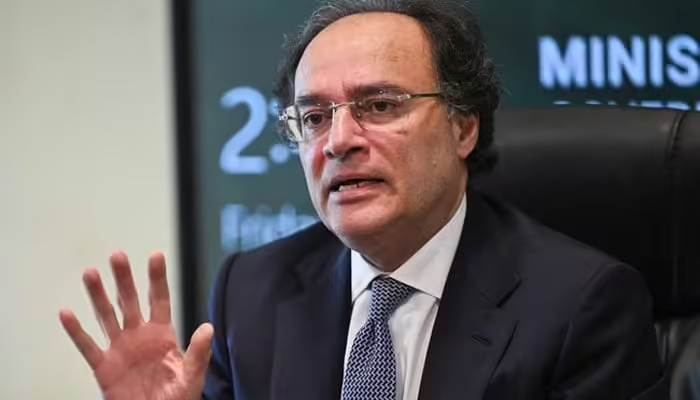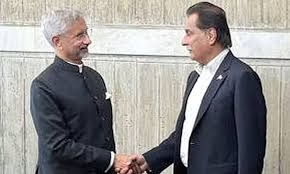Federal Finance Minister Muhammad Aurangzeb has announced that the agreement on a new loan program with the International Monetary Fund (IMF) will be concluded by the end of this month. Speaking at a Senate Committee on Finance meeting, Aurangzeb highlighted the positive progress in negotiations with the IMF, which are crucial for stabilizing Pakistan’s economy and securing international financial support.
Aurangzeb emphasized the significance of the ongoing discussions with the IMF, noting that the program is essential for fiscal stability and economic growth. “The negotiations with the IMF are progressing in a positive manner,” he said, reassuring stakeholders of the government’s commitment to achieving a favorable agreement.
In addition to the IMF loan program, Aurangzeb outlined several key economic reforms aimed at reducing government expenditure and improving fiscal discipline. One major reform involves a complete overhaul of the army’s service structure. The finance minister revealed that the armed forces have been given an additional year to implement these changes, with a contributory pension system set to commence on July 1, 2025. This reform is expected to modernize the military’s financial management and align it with international standards.
To further cut down on government expenses, Aurangzeb announced that five ministries will be abolished. This move is part of a broader strategy to streamline government operations and reduce administrative costs. “The army will have to change its entire service structure,” Aurangzeb said, underscoring the necessity of these reforms for long-term fiscal sustainability.
Aurangzeb also addressed the need for a more effective tax system, stating that the IMF advocates for taxes based on real income. “IMF wants tax on real income which is correct,” he said. He acknowledged that the current tax-to-GDP ratio of 9 percent is insufficient for sustaining the country’s financial health. “No country can run on 9 percent tax to GDP,” he added, emphasizing the urgency of enhancing revenue collection to meet national development goals.
The finance minister highlighted the positive impact of the IMF program on Pakistan’s ability to secure funding from other international institutions. “Due to the IMF program, funds have started to be received from other institutions,” Aurangzeb noted. This influx of funds is critical for addressing Pakistan’s economic challenges and supporting key development projects.
Aurangzeb’s statements reflect the government’s comprehensive approach to economic reform, focusing on both immediate financial stability and long-term structural improvements. The planned reforms, including the restructuring of the military’s service system and the abolition of redundant ministries, aim to optimize resource allocation and enhance the efficiency of public spending.
The finance minister’s announcement has garnered attention from various sectors, highlighting the importance of the IMF loan program and the proposed economic reforms. The successful conclusion of the IMF agreement is expected to bolster investor confidence, stabilize the currency, and support economic recovery.
Federal Finance Minister Muhammad Aurangzeb has provided an optimistic update on the progress of negotiations with the IMF, anticipating the conclusion of a new loan program by the end of the month. He outlined significant economic reforms, including the overhaul of the army’s service structure and the abolition of five ministries, aimed at reducing government expenditure and improving fiscal discipline. Aurangzeb also emphasized the need for a more effective tax system to increase the tax-to-GDP ratio. These measures, supported by the IMF program, are expected to enhance Pakistan’s economic stability and growth prospects.



